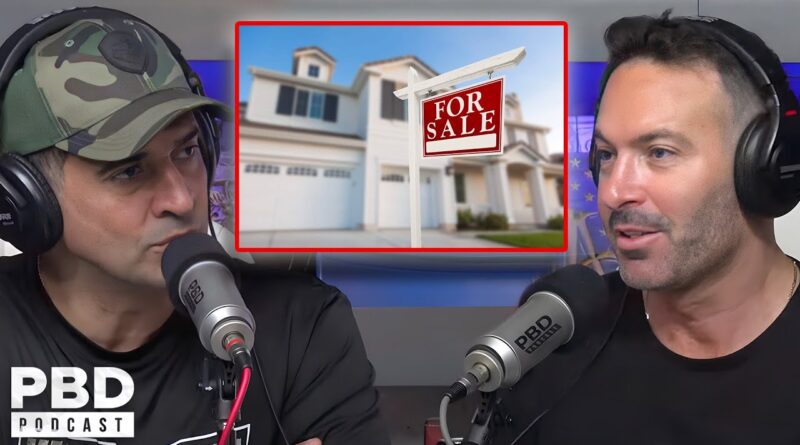“Artificially Inflated” – The 6% Actual Property Fee is Below Assault
The Actual Property Fee Battle: What You Must Know
For those who’ve been following the information these days, you will have heard in regards to the controversy surrounding actual property commissions. It is a sizzling subject within the business, and it is received everybody speaking. So, what’s all of the fuss about? Let’s break it down.
The Lawsuit: A Sport Changer for Actual Property Commissions
A latest federal class motion lawsuit filed in South Carolina has despatched shockwaves by the actual property world. The lawsuit alleges that main actual property brokerage companies, together with Keller Williams, colluded to artificially inflate agent fee charges, in the end growing prices for residence sellers. The stakes are excessive, with the potential for damages to exceed $5.3 billion if the realtors are discovered responsible of breaching antitrust legal guidelines.
The Numbers: Understanding the Impression of Fee Charges
On the coronary heart of the controversy is the usual 5 to six% fee fee on property gross sales within the US. This fee is usually break up 50/50 between the client’s agent and the vendor’s agent. To place it into perspective, for instance you promote a $500,000 home. With a 6% fee, the entire fee would quantity to $30,000, break up evenly between the 2 brokers. Nonetheless, the lawsuit goals to decrease the fee to 1 to 2%, drastically lowering the earnings for actual property brokers.
The Fallout: How Sellers and Brokers Are Affected
The potential influence of decreased fee charges is critical for each sellers and brokers. For sellers, a decrease fee means giving up a considerable portion of their residence’s fairness once they promote. Then again, brokers stand to lose a good portion of their earnings, making it more durable for them to make a dwelling within the business.
The Excessive-Finish Market: A Totally different Ballgame
On the excessive finish of the market, fee changes have been a typical apply for years. For instance, a $5 million home sale with a 6% fee would lead to a $300,000 fee for the vendor’s agent. Nonetheless, in these instances, it isn’t unusual for brokers to barter decrease fee charges, usually as little as 2%. This flexibility is a stark distinction to the usual charges being challenged within the lawsuit.
The Altering Panorama: The Position of Know-how
The rise of on-line platforms like Zillow and Redfin has additionally impacted the actual property business. These platforms present patrons with a wealth of data and analysis, lowering the perceived worth of conventional actual property companies. Consequently, sellers are questioning the necessity for top fee charges once they can entry comparable sources on-line.
The Backside Line: What’s Subsequent for Actual Property Commissions?
The end result of the lawsuit and the potential adjustments to actual property fee charges stay unsure. Nonetheless, it is clear that the business is at a crossroads. Sellers are demanding extra flexibility and transparency, whereas brokers are combating to guard their livelihoods. Because the battle unfolds, it is important to remain knowledgeable and be ready for potential shifts in the actual property panorama.
Ultimate Ideas: Navigating the Way forward for Actual Property
The true property fee battle is much from over, and its implications are far-reaching. Whether or not you are a vendor, purchaser, or agent, it is essential to remain knowledgeable and adapt to the altering dynamics of the business. As we await the decision of the lawsuit, one factor is for certain – the way forward for actual property commissions hangs within the stability, and the result will form the business for years to come back.





